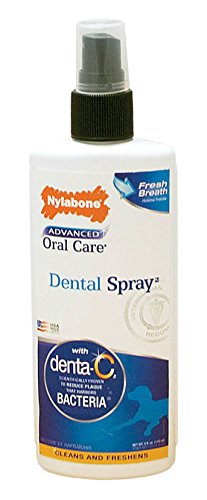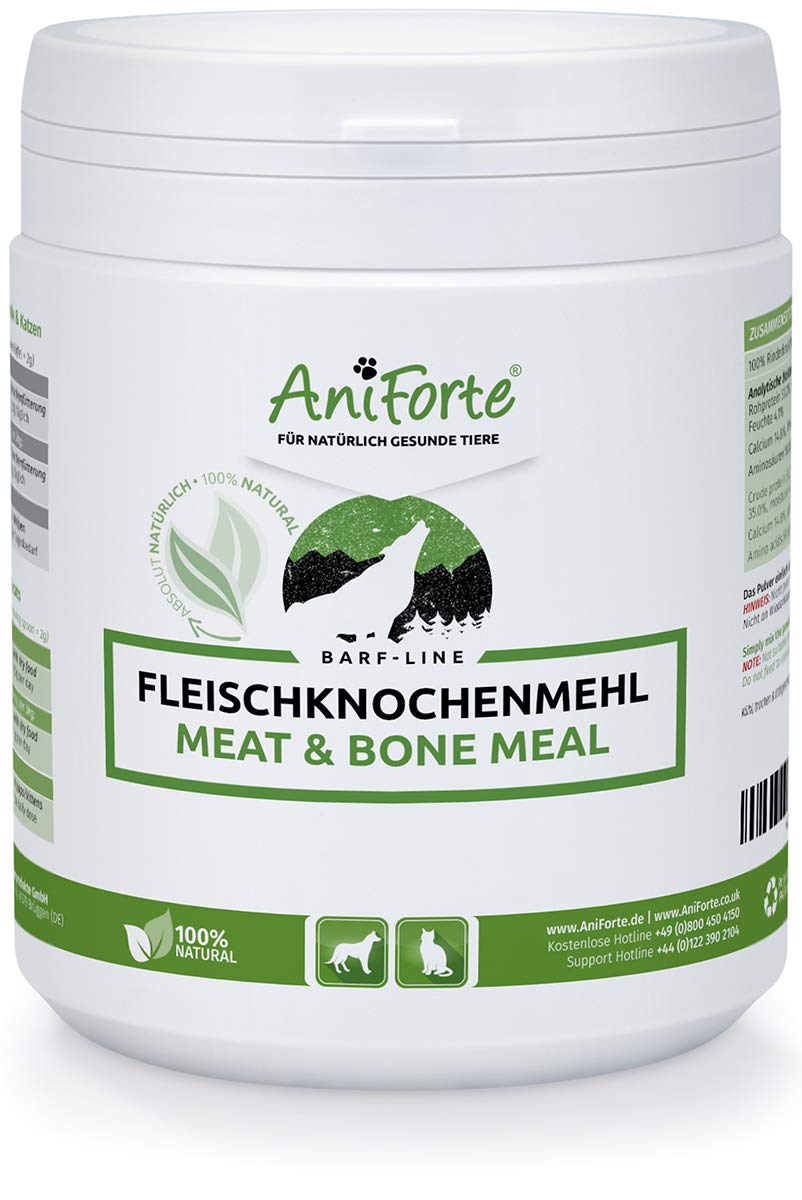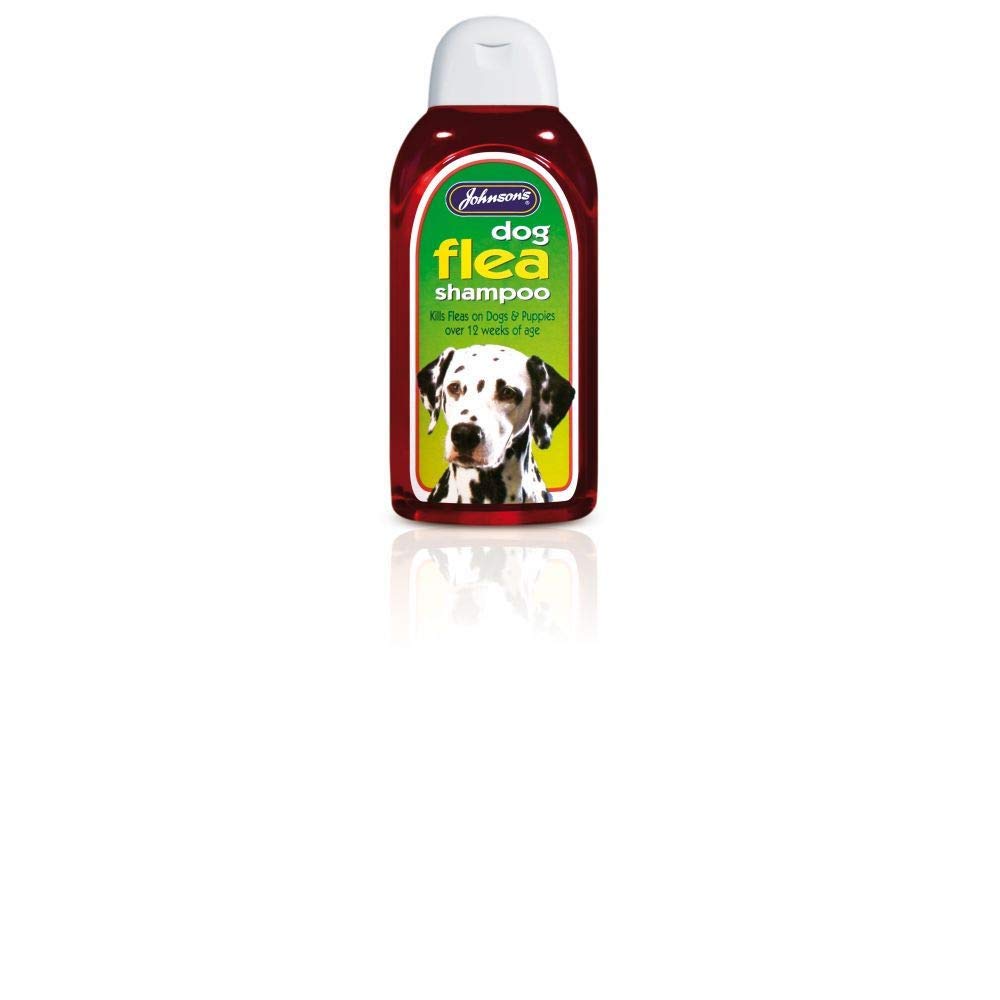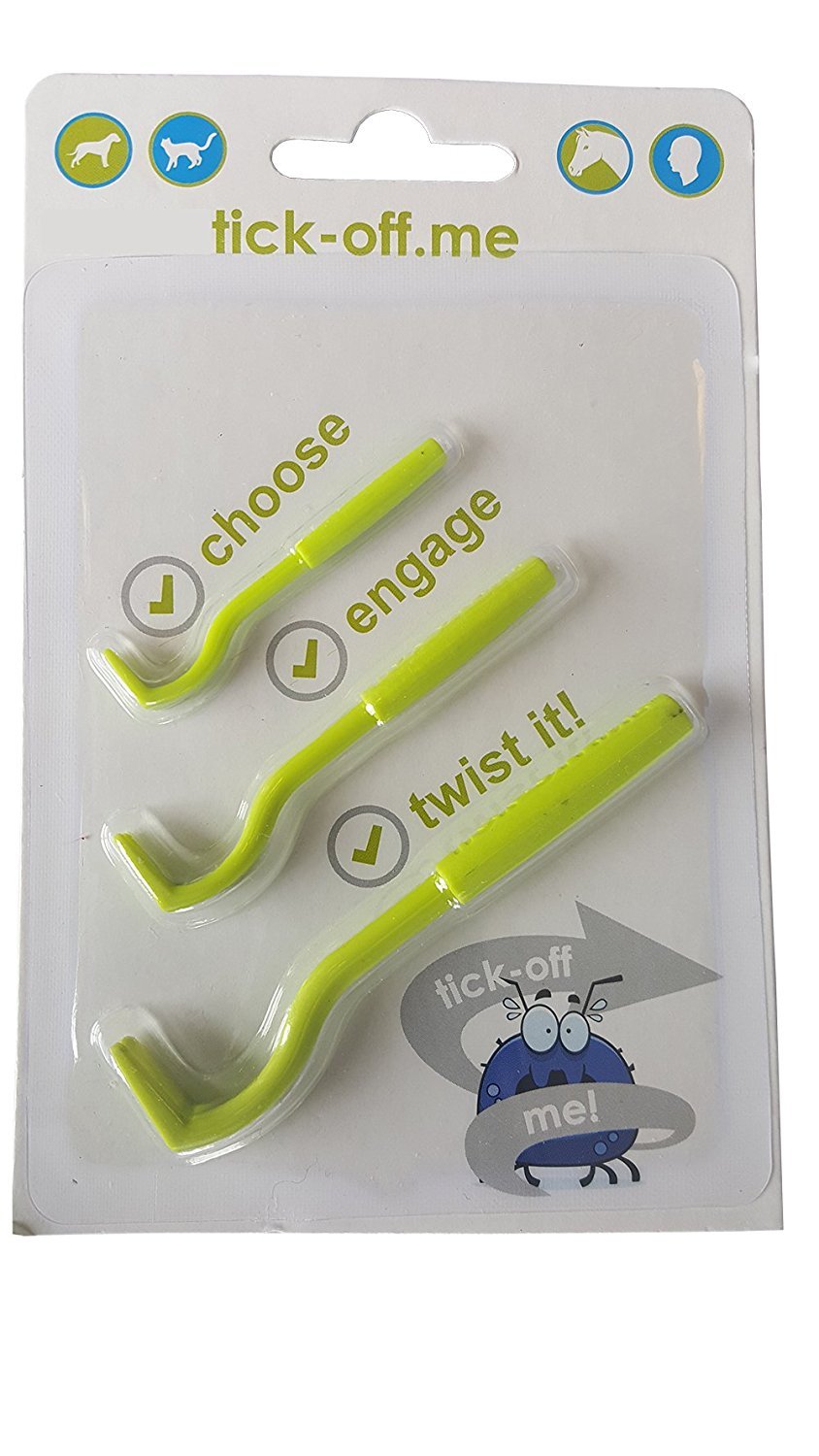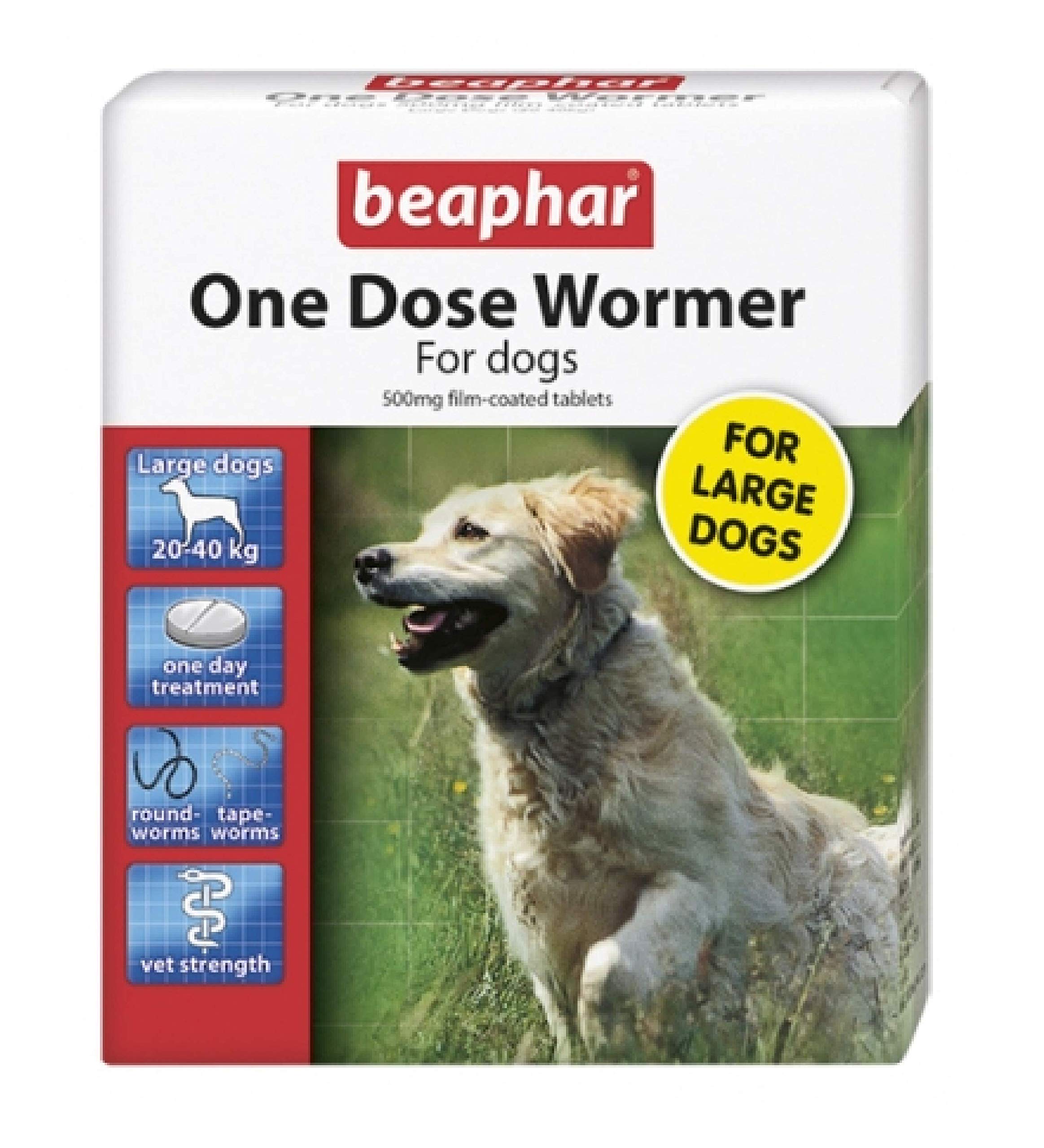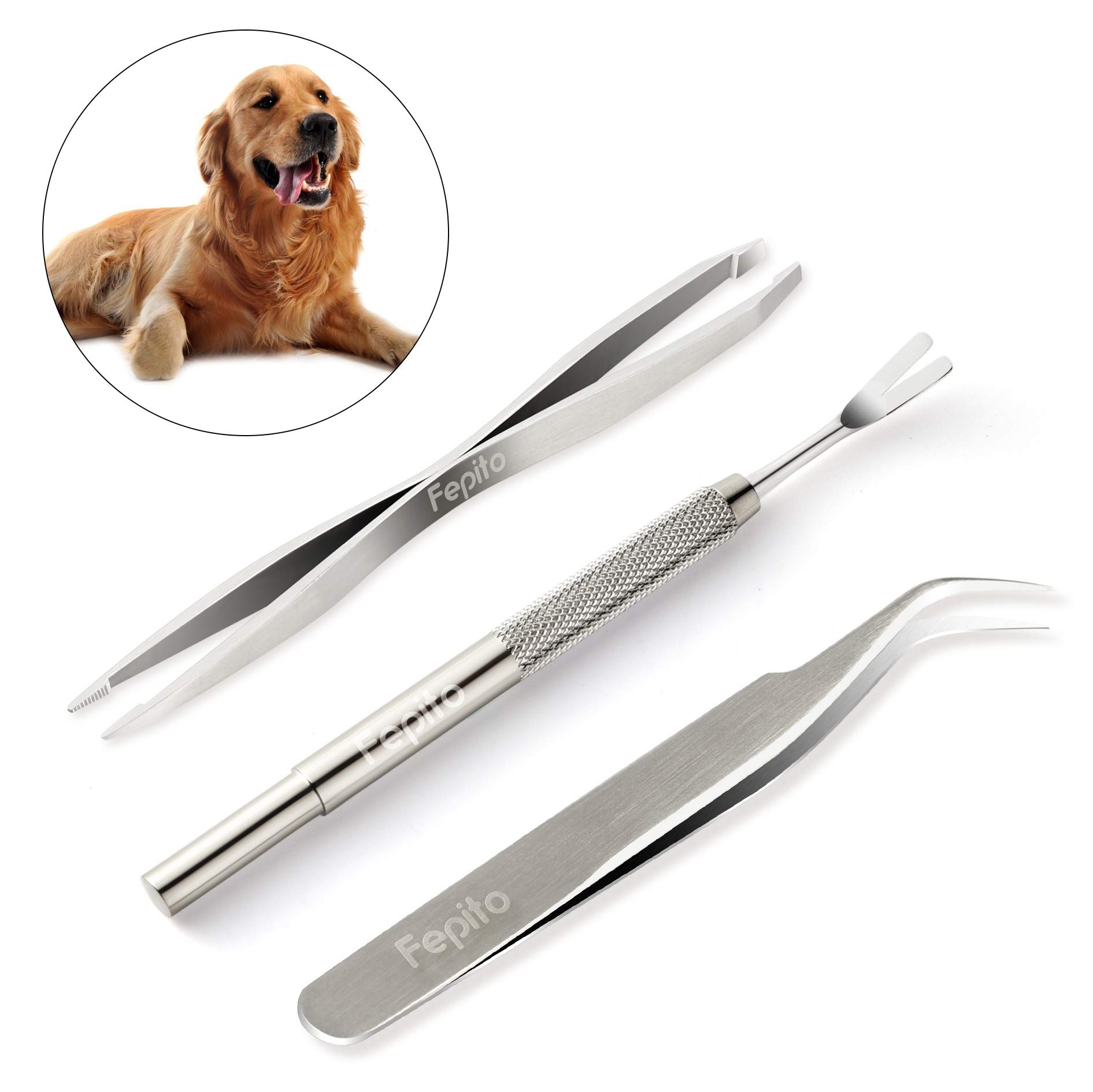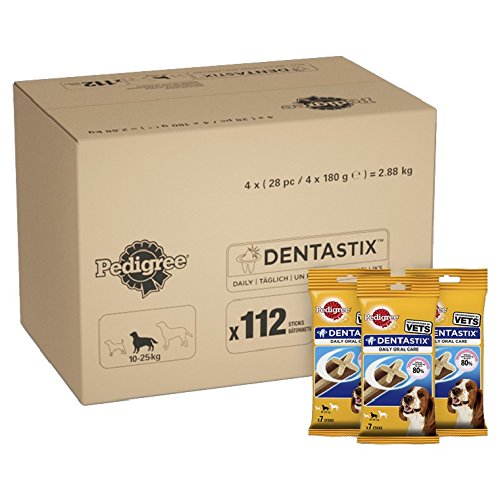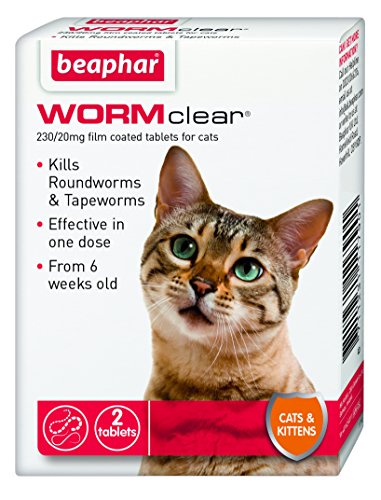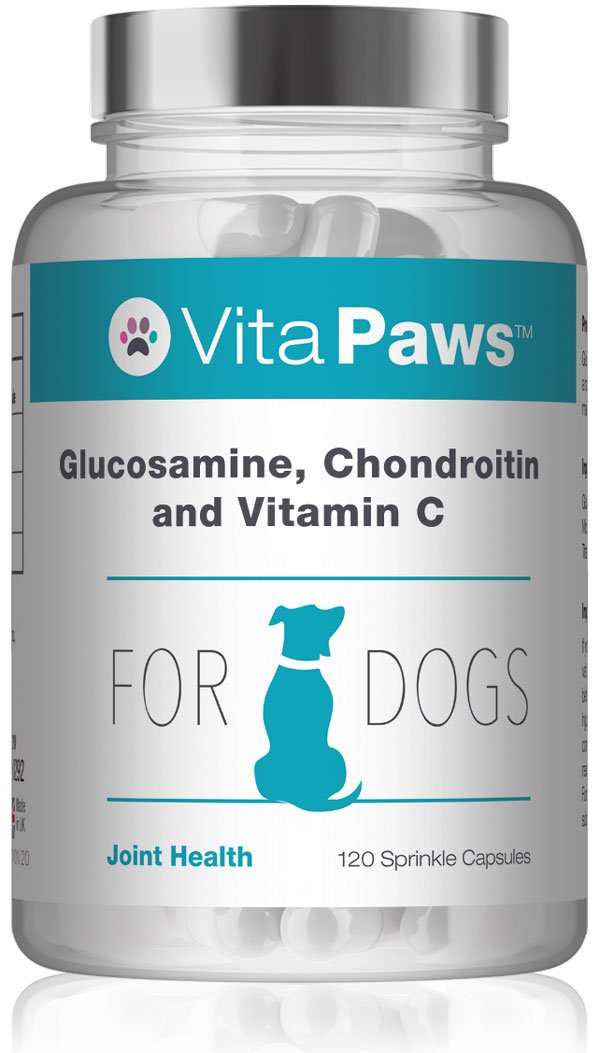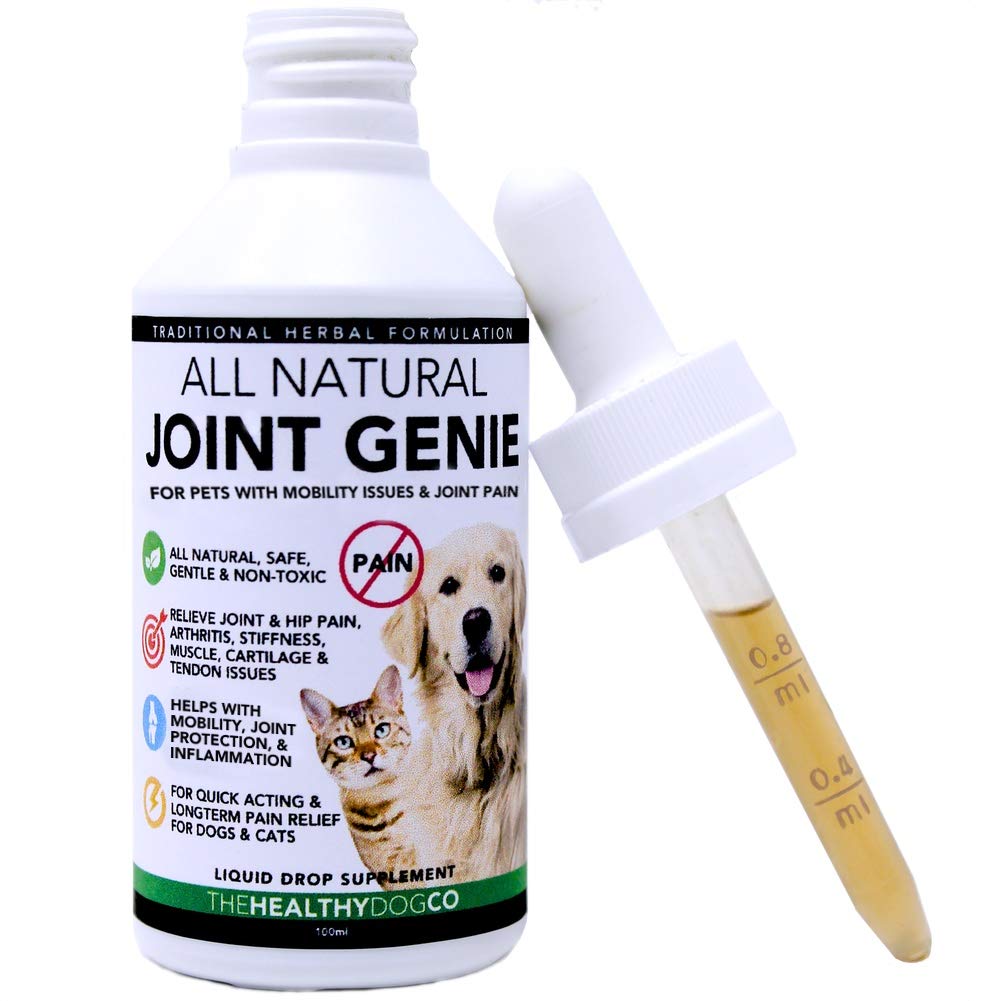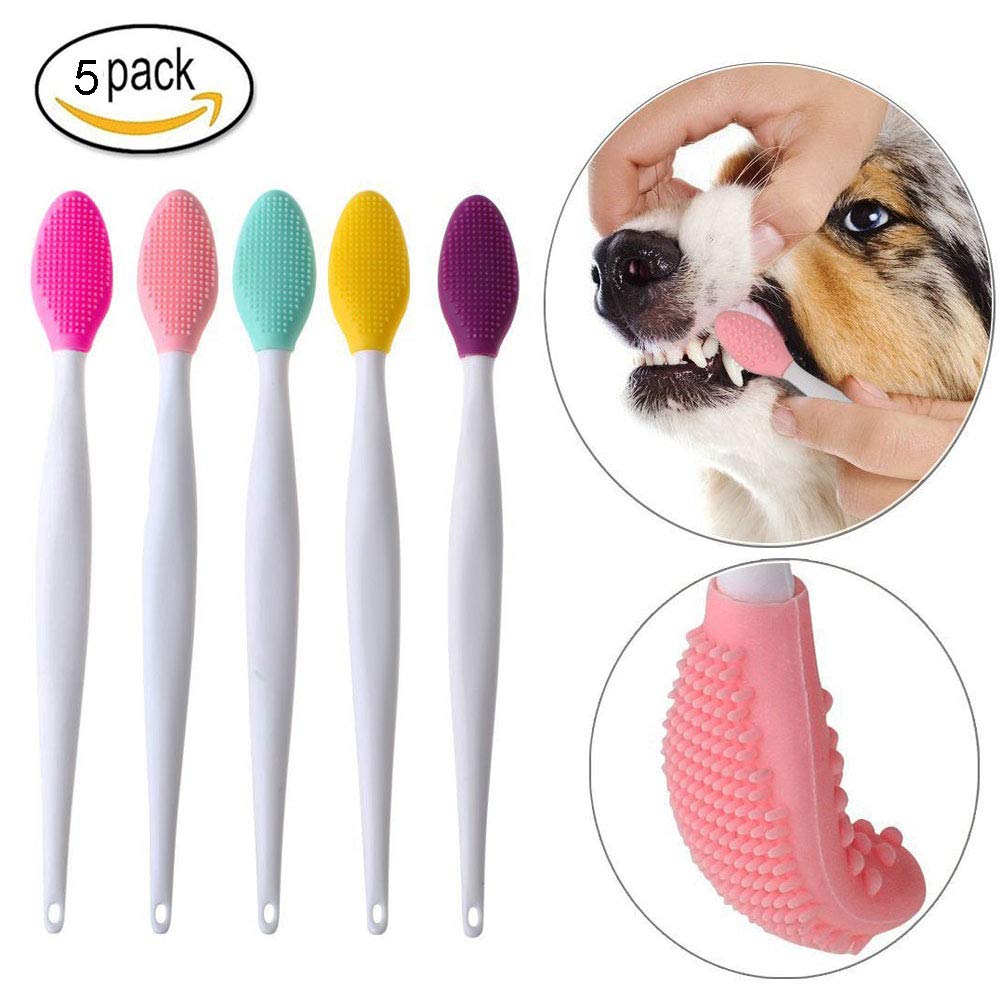
Just like humans, dogs can get sick too. There are several common health problems that may affect your dog so you need to be on the lookout for anything that could be classed as a symptom.
One of the most explicit times a dog will exhibit if there is something wrong is when feeding. If they are reluctant to eat, or act out of the ordinary in any way, it could be cause for concern. This is one of the reasons why you should stick to a schedule when feeding your dog, as it can make these issues more obvious.
A lot of diseases can be avoided with the correct vaccinations, which is why it is important to keep your dog’s vaccinations up to date.
See below for a guide of some of the more common health problems your dog may face, and remember that you can always call or visit your vet to make sure and get expert advice.
Dog Fleas
Possibly the most common health problem for dogs (and other household pets) is fleas.
These small brown or black insects live and breed in a dog’s fur, and from there, can get spread around the home or to other animals.
They bite the skin of animals and normally cause itching, but in some dogs which are hyper sensitive to the saliva of the flea, it can cause swelling, hair loss, and body-wide itching.
Fleas have very strong back legs which let them launch themselves incredibly far through the air, and so can travel from host to host quite easily.
Spotting Fleas
You need to be on the lookout in case your dog begins itching a lot, especially in the summer months, or if they have recently had a lot of contact with other dogs.
By combing through their fur and looking closely, you should be able to see evidence of fleas, or their eggs, around the base of the hairs of the coat.
Treating Fleas
You can treat fleas with combs and special shampoos, flea sprays, flea powders, and flea collars, as well as prescription treatments which may be harder to get hold of, but are often slightly less hassle.
One of the major problems with flea treatment is that it has to extend to the home as well as the dog, as fleas can live on material such as sofa cushions and then re-infect the dog.
Bedding will need to be washed in hot soapy water, should there be a flea infestation, and your home may need to be fumigated, or treated with a fogger. You will have to give your home a very thorough clean with a vacuum cleaner, and then throw the bag out immediately.
Speak to your vet; they can give you advice on the best treatment for fleas for your dog, and to a specialist pest controller, they can give you more advice about your home, a quotation for having it cleaned out, and in a lot of cases, a guarantee that they will rid the pests completely.
Buy Dog Flea Treatments
Ticks and Dogs
Ticks are parasites that use their mouths to attach to the skin of an animal and feed on their blood. They are a common health problem for dogs and are picked up by physical contact with undergrowth where the ticks live.
They can be found via a specific touch examination, or through general petting. Ticks feel like hard little bumps, and are often visible when you look closely.
A major concern of ticks are that they can spread diseases your dog (and potentially even to you).
Treating a Tick
Ticks need to be removed as soon as possible, but the process should never be rushed.
First of all, you need a secure container, such as a jar with a screw on lid ready, so that you can contain and keep the tick, in case it needs to be examined by a vet if your dog falls ill, (which can happen even after removing the parasite).
You also need some latex gloves to wear, to make sure that you never come into contact with the tick or with any fluids from either it or the wound, which may carry infection.
Lastly, you need some rubbing alcohol to clean the wound before and after the tick has been removed, and also someone to help you, to hold your dog and soothe him or her throughout the process.
Dog Tick Removal Products
Removing a Tick
The ASPCA (American Society for the Prevention of Cruelty to Animals) advise that, using a pair of tweezers, you should grasp the body of the tick and gently but firmly pull directly upward away from the skin, without twisting or tugging.
This is to try and prevent the mouth part of the tick coming off and remaining lodged in the skin.
Once the tick has come out, pop it in the container and firmly screw on the lid.
Despite your best efforts, the mouth part may still come off and remain in the skin.
According to the ASPCA, you should not dig after these parts with the tweezers, but clean the wound, and possibly apply a warm compress to try and help the body eject the trapped mouth parts.
Keep checking the wound over the next few weeks, cleaning it and looking for signs of irritation, redness or swelling. If something does arise, you may have to pay a visit to the vets, taking the safely stored tick with you.
Buy Dog Health Products
Bloat
A common health problem to larger dogs is bloat. Bloat is where the stomach becomes filled with fluid or gas, expands, and puts pressure on the other organs.
Risk Factors of Bloat
Although more common in larger dogs, bloat can happen in all dogs, and there are a lot of different things which can increase risk of it.
- Exercising too soon after eating
- Eating from a raised food bowl
- Eating too much too quickly
- Drinking too much too quickly
- Eating one big meal a day rather than two or more smaller ones
Akitas, Great Danes, St. Bernards and some Setters are vulnerable to bloat because of their deep chests and the physiology of their body.
How to Spot Bloat
A dog with bloat may:
- Become restless
- Be unwilling to lie down
- Drool a lot
- Attempt to be sick
- Have paler gums
- Have laboured breathing
- Have a high heartbeat
- Have a swollen or distended stomach
- Collapse
Treating Bloat
If you think your dog has bloat, you need to take them to the vet.
The vet will try to relieve the pressure that has built up in the stomach, either by inserting a tub down their throat, or by inserting a hollow needle through their side and into their stomach.
If the stomach is twisted, the vet will need to perform surgery to right it, and will possibly be able to fix the stomach in place so that your dog does not get bloat again.
Bloat Prevention Products
Distemper in Dogs
Distemper is a very serious virus that can be passed between animals or picked up from surfaces. It doesn’t affect humans, and is largely preventable, but there is no cure and it can cause death.
Distemper Vaccines
Distemper is caused by a virus, which means it is much, much harder to treat than a bacterial infection.
The immune system in dogs, is often able to deal with and overcome distemper, but, unfortunately, not every time. A young dog or one with a weakened immune system may struggle to fight the infection off and die from it.
Luckily, however, it is possibly to ‘train’ the immune system of a dog to be able to deal with the virus better by vaccinating them against distemper.
As with all vaccines, a distemper vaccine works by giving the animal a very, very small dose of the virus, and letting the immune system deal with it. This lets the natural defences learn to recognise the virus, and, in future, if the dog gets infected again, their immune system can quickly hunt down and destroy the virus with much, much greater ease.
All dogs should be vaccinated against distemper when young, and will likely need boosters throughout their life. You need to speak to your vet about a schedule for keeping your dog’s vaccines up to date.
Spotting Distemper
Starting in the nose and respiratory system, the virus can spread to all parts of a dog’s body, generating many symptoms.
From a runny, pussy nose, to diarrhoea, to vomiting, to lethargy, to thick pads forming on the feet, distemper can appear in any or all of these ways. In the later stages of the virus, it can even affect the central nervous system and cause fits.
Should your dog seem down or ill, or be vomiting recurrently and be reluctant to eat, you should contact your vet and talk to them about the best cause of action.
Of course, if your pet’s vaccines are up to date, they may pick up the distemper virus, and be able to beat it without you (or them) even noticing.
Rabies and Dogs
Rabies is a particularly nasty virus that is fatal once symptoms appears. Fortunately, in the UK, rabies is not a common health problems, and is entirely unknown. The disease is fatal to almost all mammals, including humans, and some countries require a rabies vaccine in order to travel. Once the virus reaches the brain, the disease is almost always fatal.
Parvovirus
Parvovirus is a horrible disease that can completely overwhelm a dog’s body and cause death in just a few days. A highly contagious disease affecting the intestinal tract, white blood cells and the heart, parvovirus is found across the whole globe. The virus can spread easily, particularly in large groups of dogs, which is why it is important to keep vaccines up to date.
Spotting Parvovirus
The symptoms of the disease appear approximately five-seven days after exposure. They include:
- loss of appetite
- vomiting
- diarrhoea
- and depression
Weaker or young dogs are the most susceptible. Rottweilers and Dobermans seem to be the most prone to parvovirus. Vaccination against this disease is very effective, but the virus can live on for months in infected areas.
Canine Hepatitis
Canine hepatitis is transferred by being inhaled or ingested by the dog. When the virus enters the bloodstream, it can begin to affect the liver, kidneys, eyes and other cells that line the blood vessels. The symptoms depend on the case, but lethargy is a common warning sign, as is a reddening of the mouth and eye membranes. In some cases, death quickly follows, but many dogs will recover within a week. Between these worst and best case scenarios, other problems such as internal bleeding, liver disease and central nervous system involvement can occur. There is no cure for dog hepatitis, but vaccination is available and is recommended.
The Vet
Vets are there to help you out with any issues your dog may have, whether it is a common health problem, or a more unique and special case.
You should turn to them if you need any advice or expertise, and don’t be afraid to call or visit should you think something is wrong with your pet.







